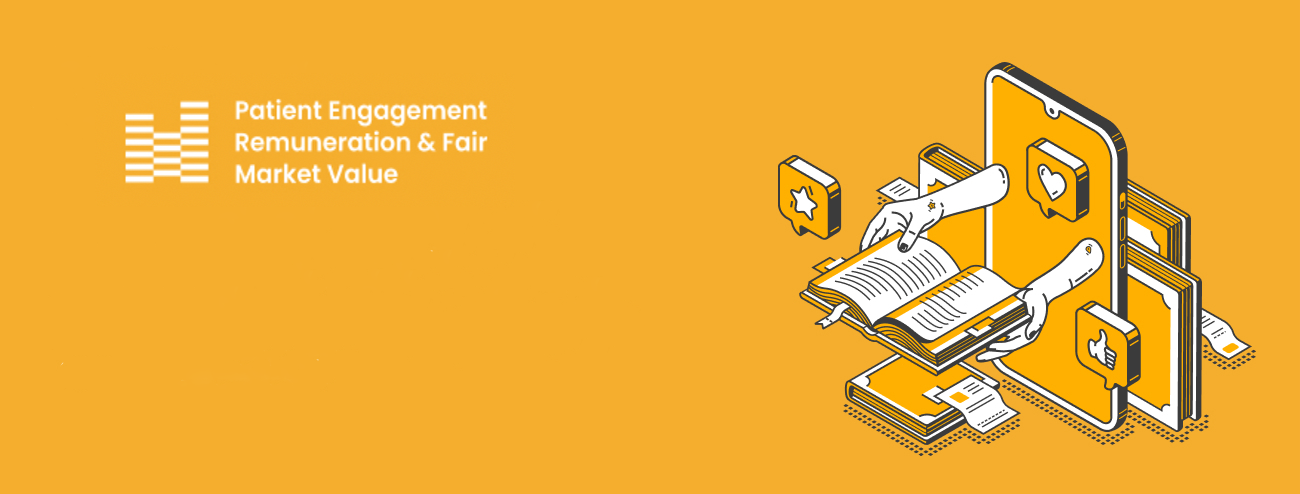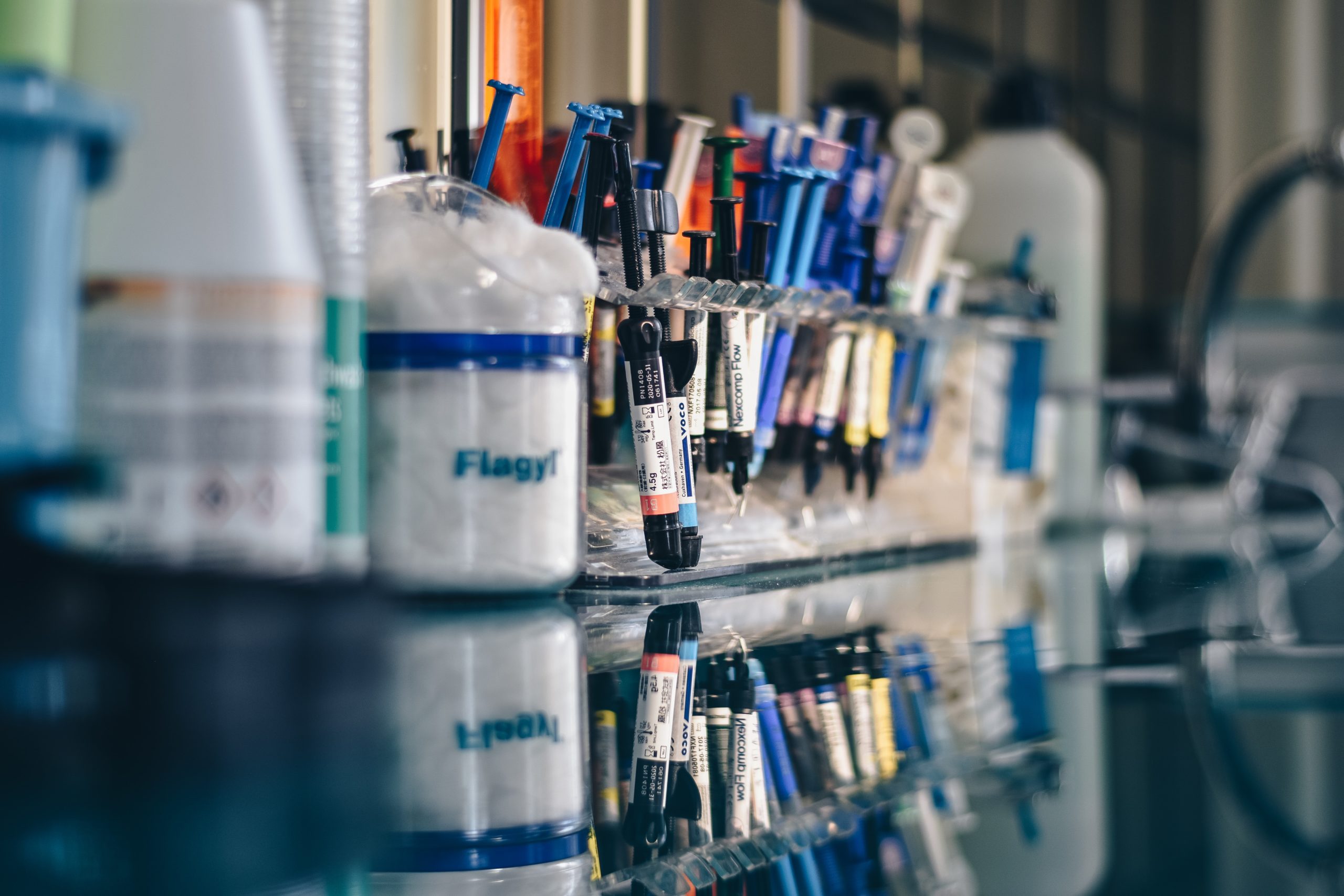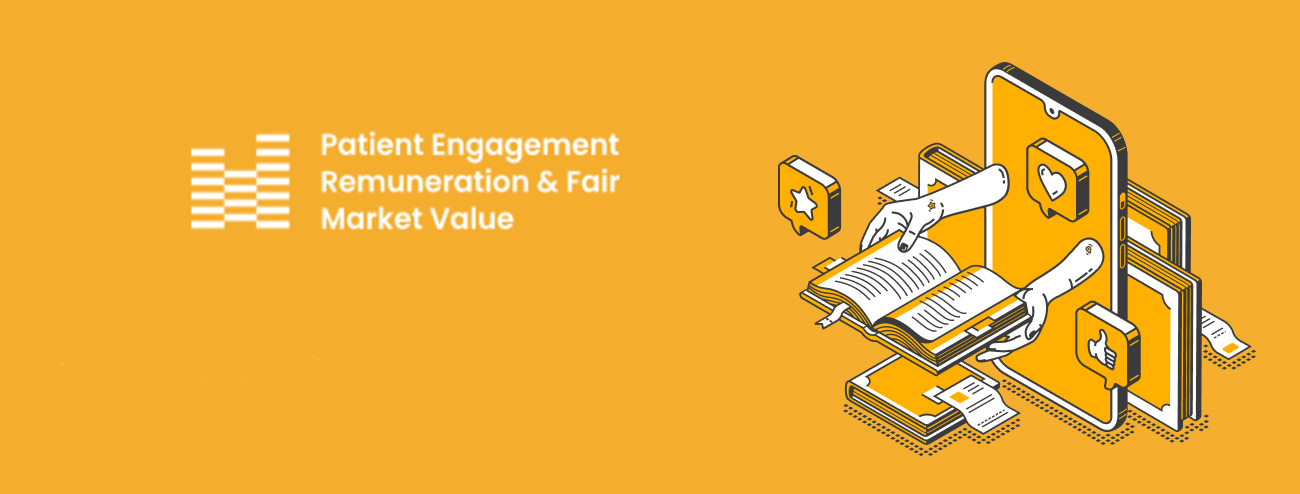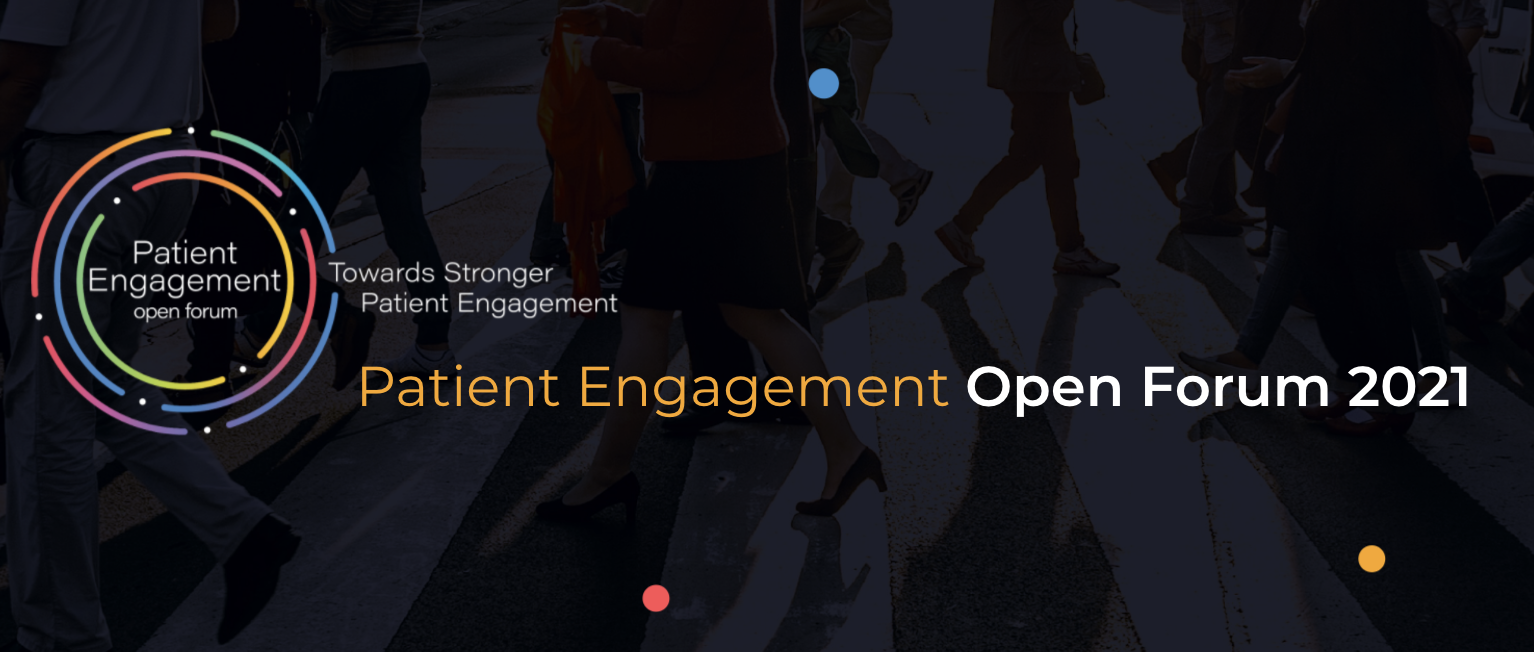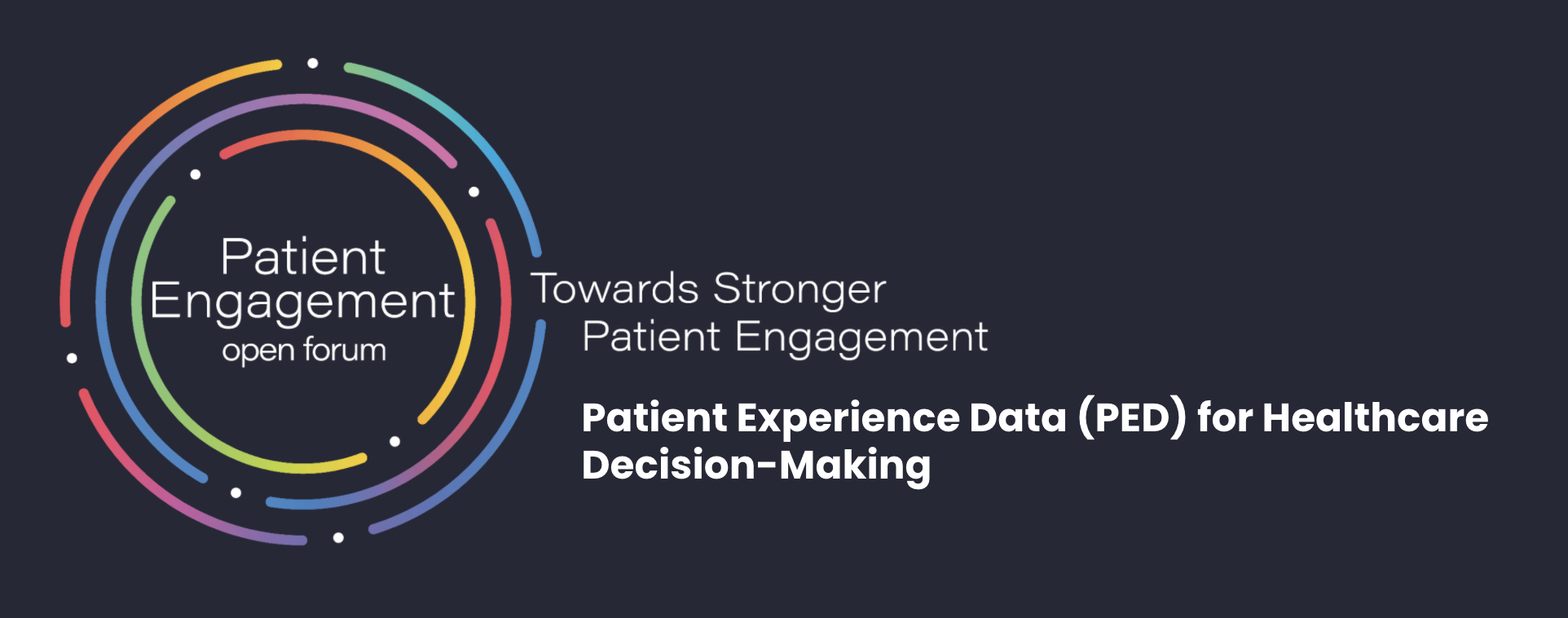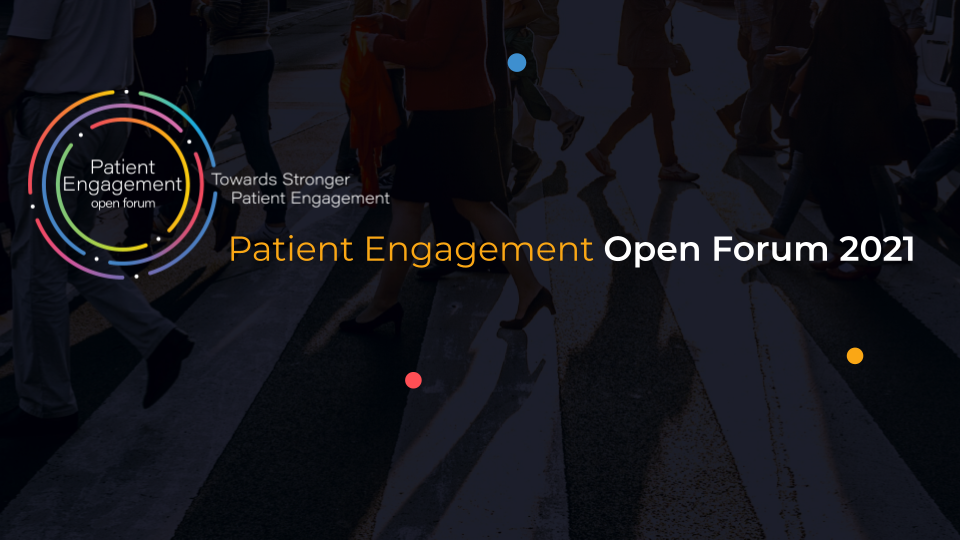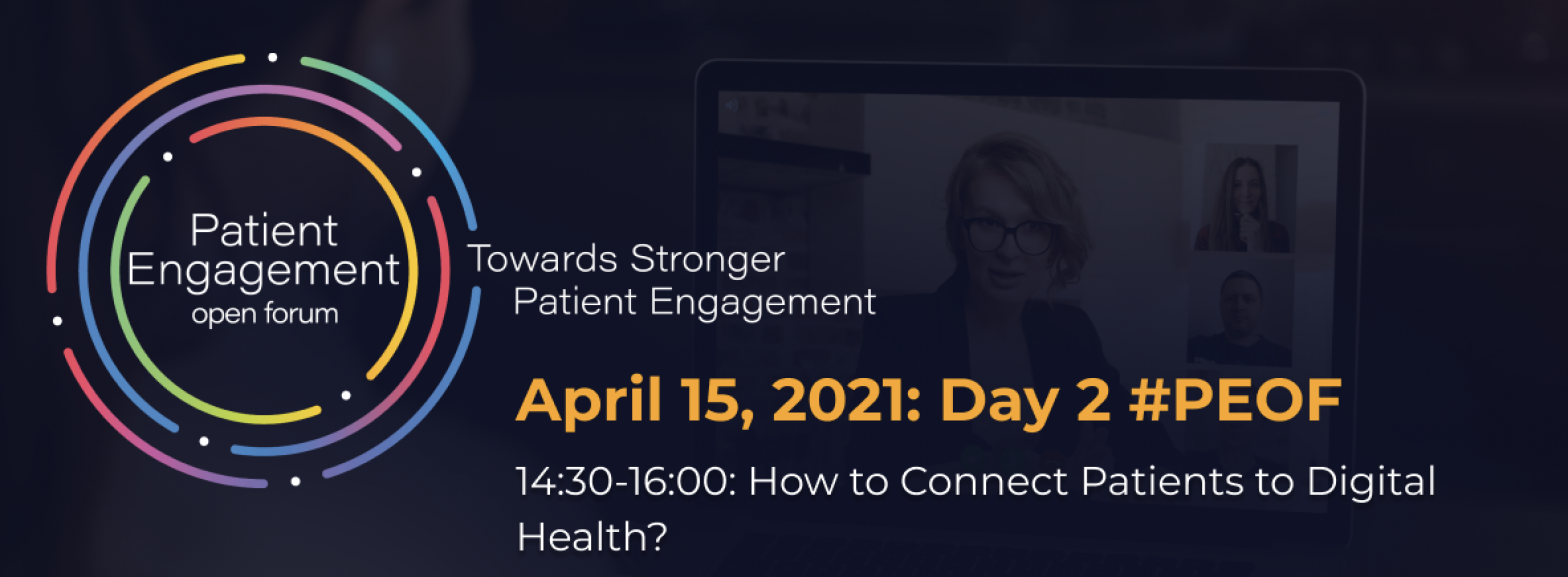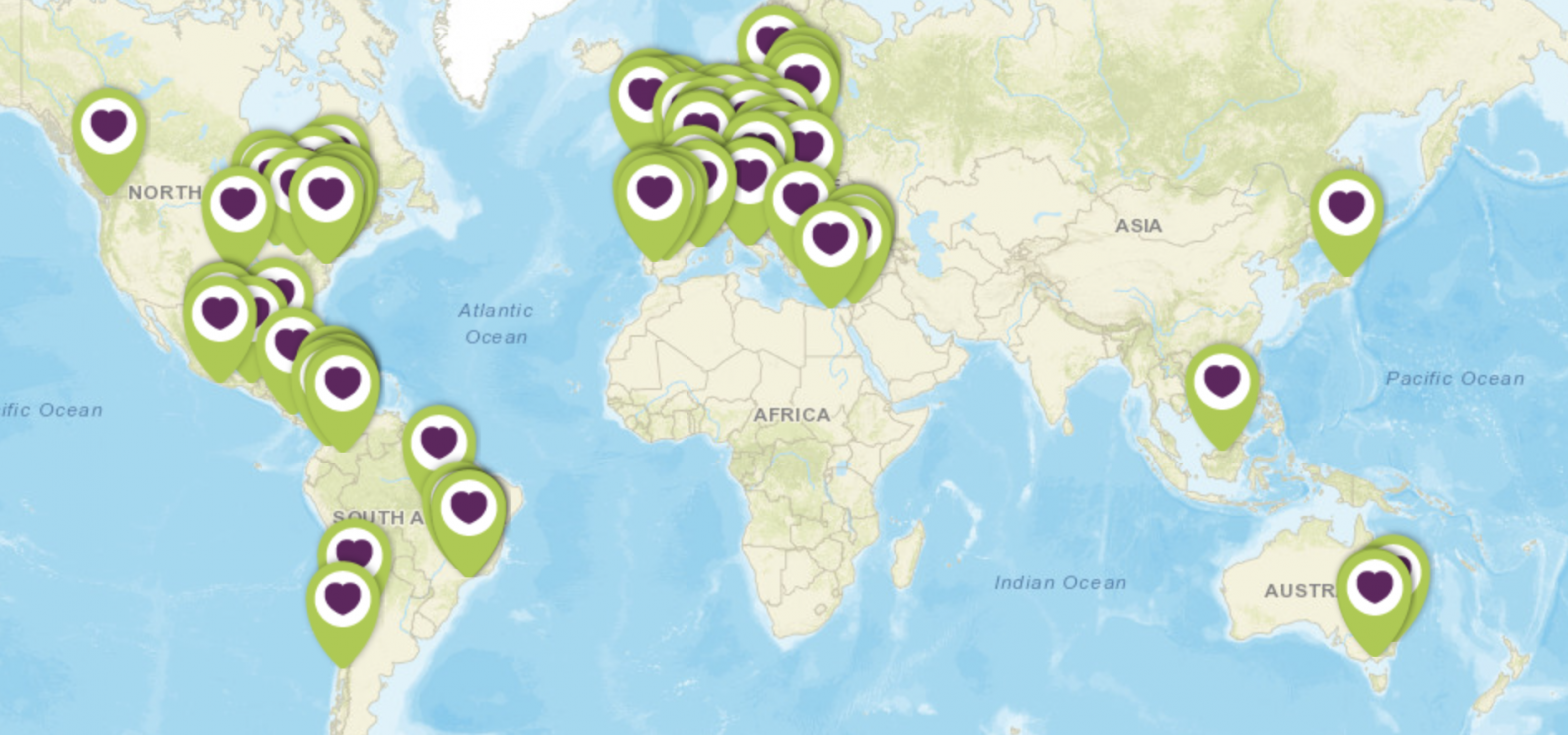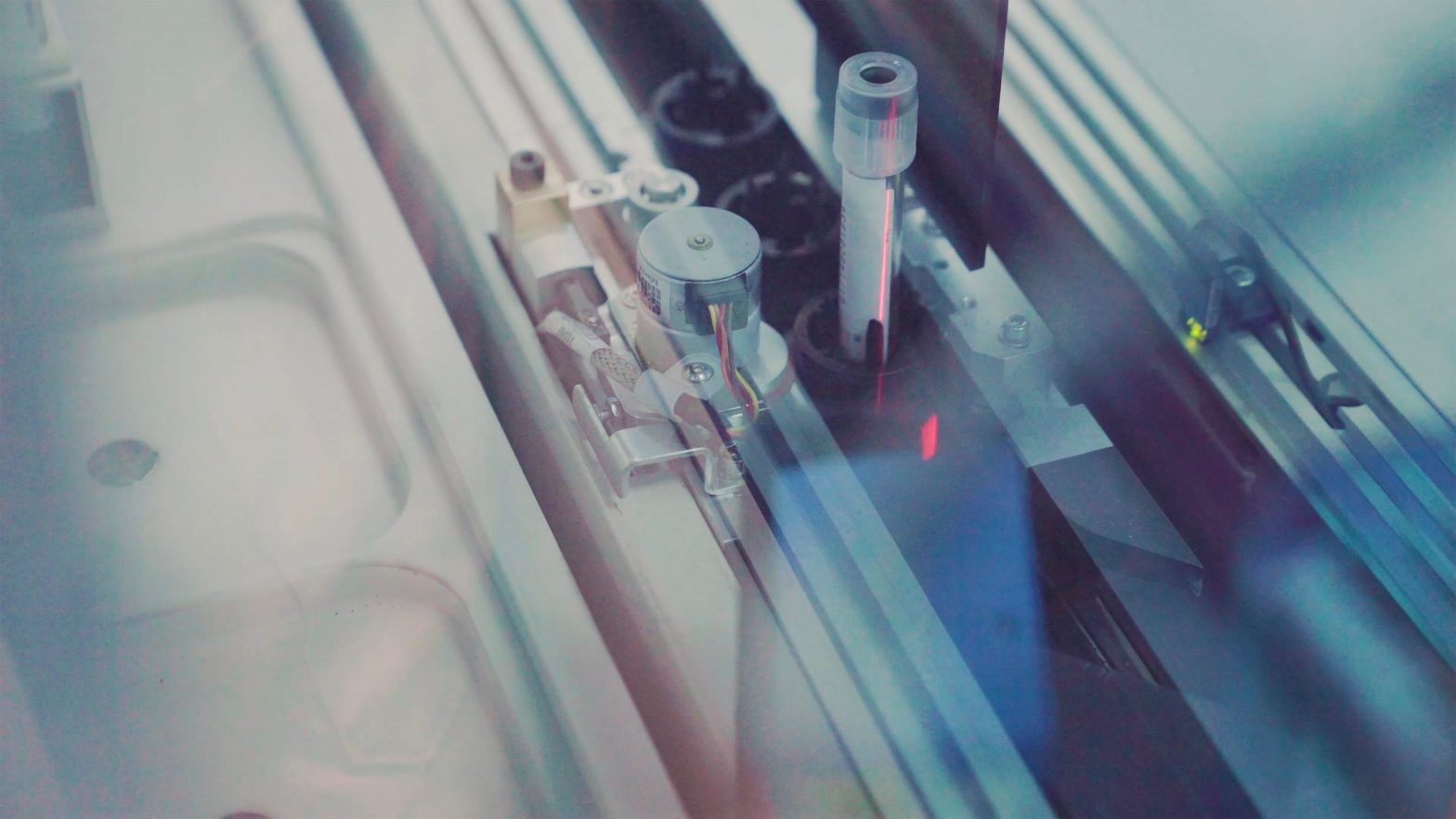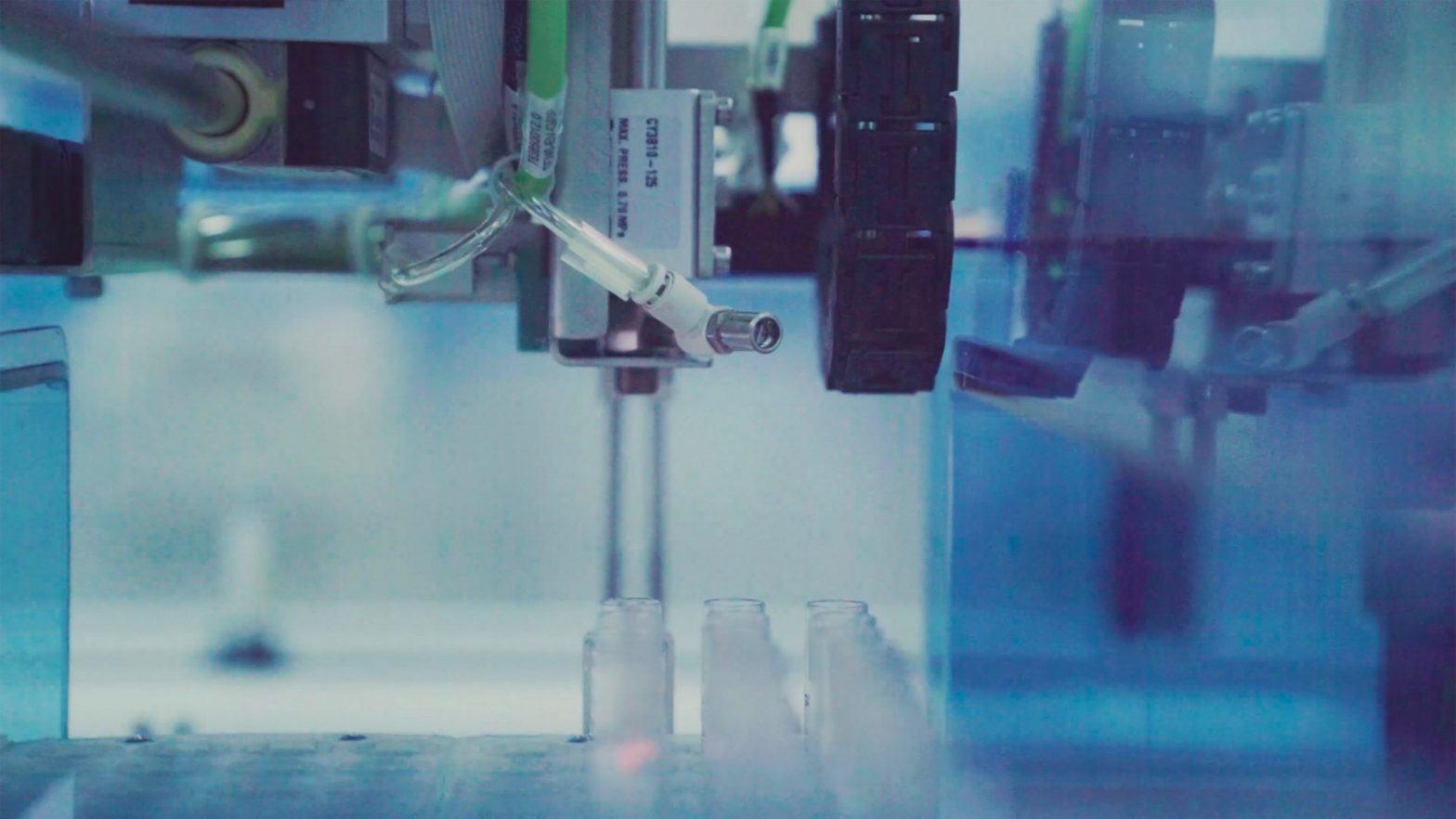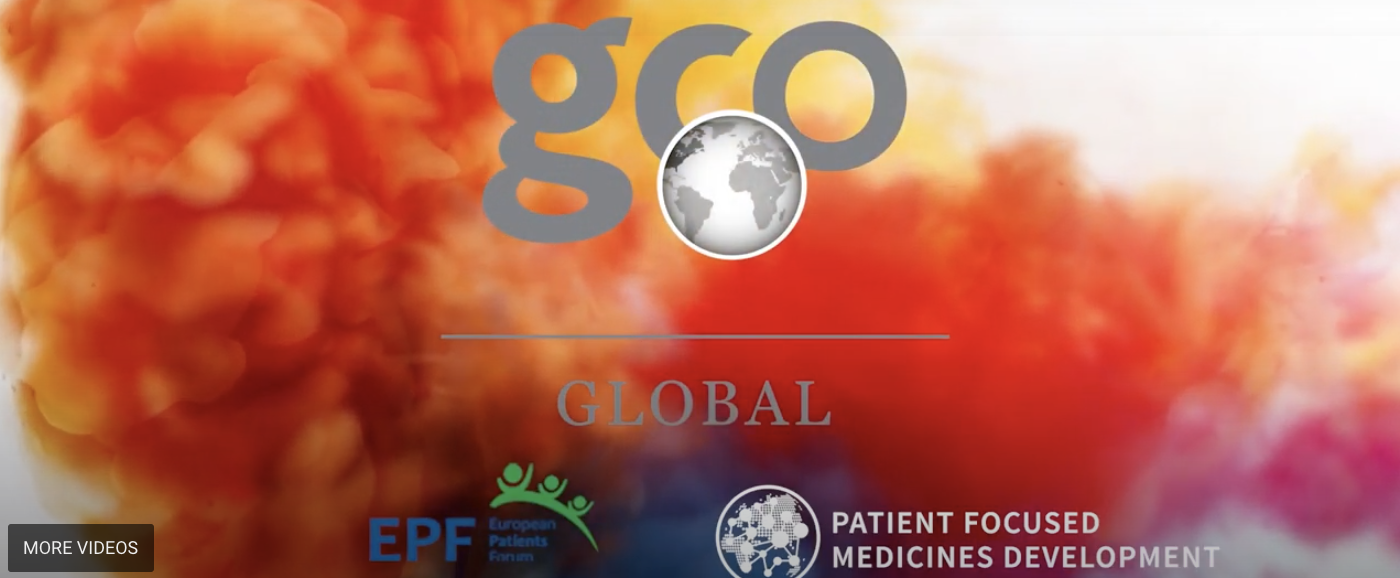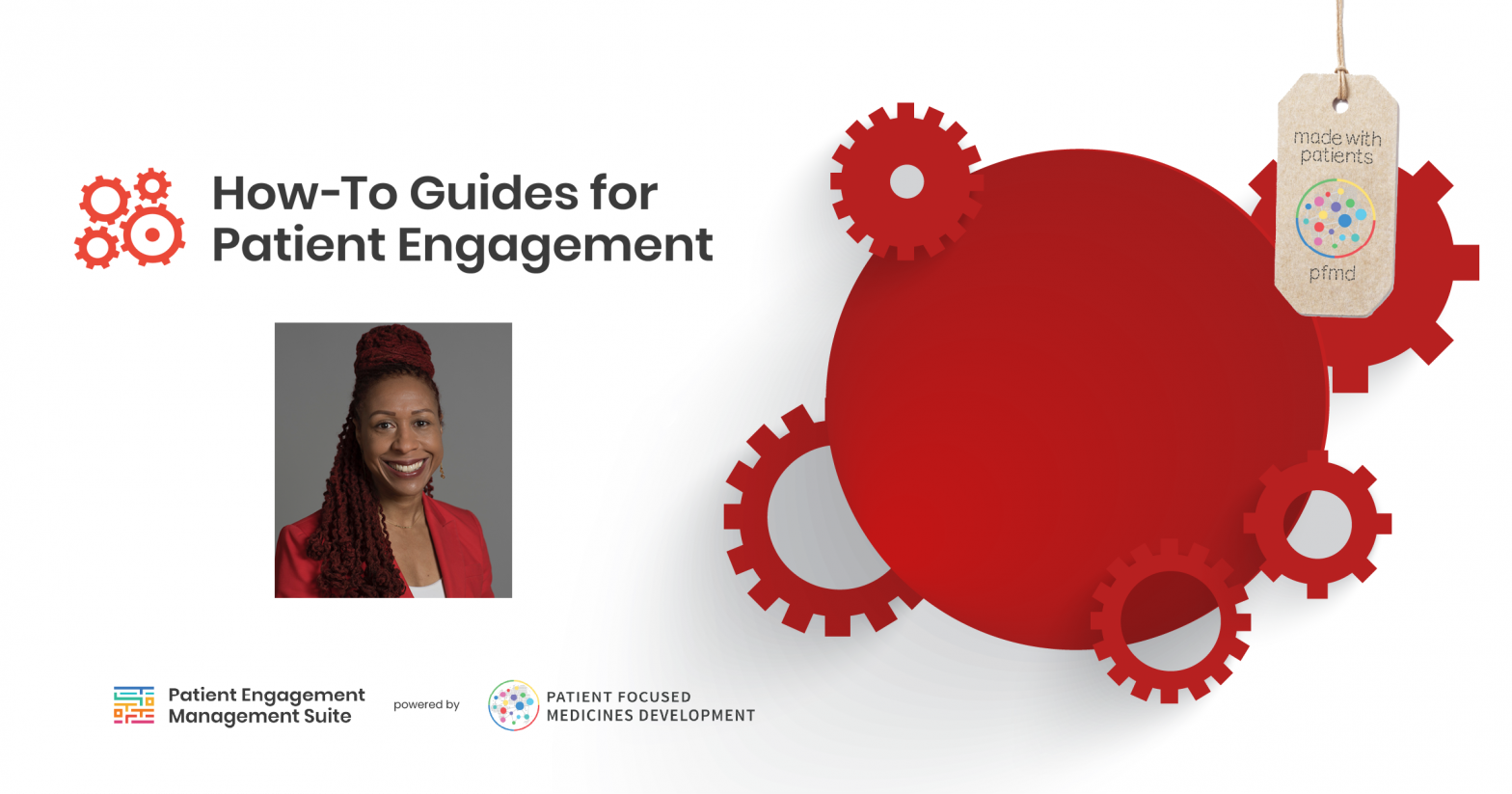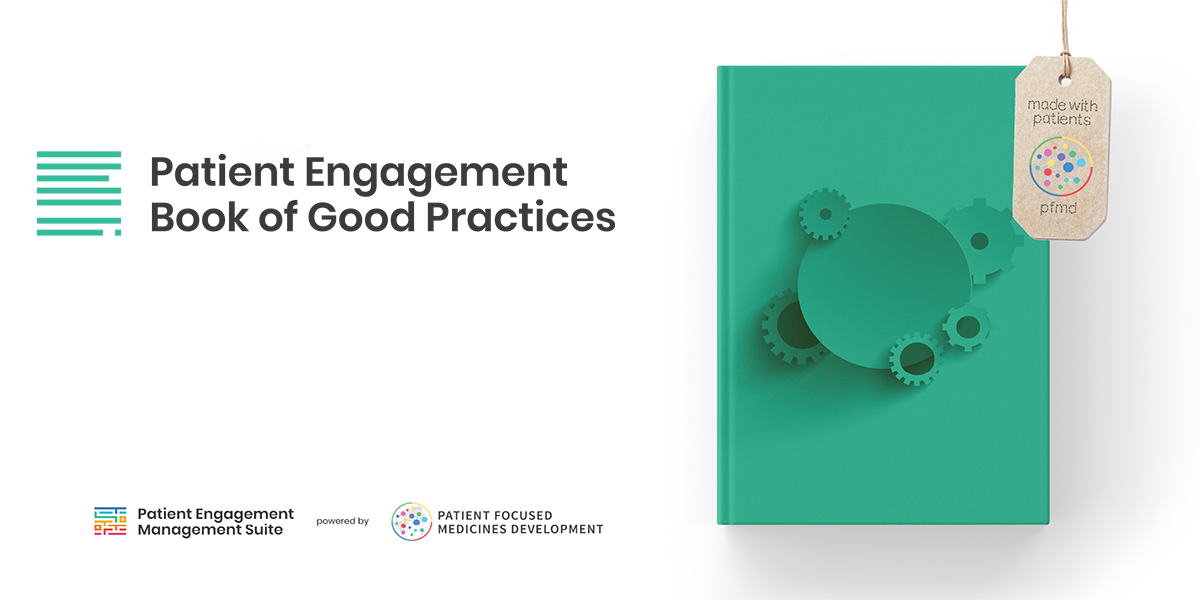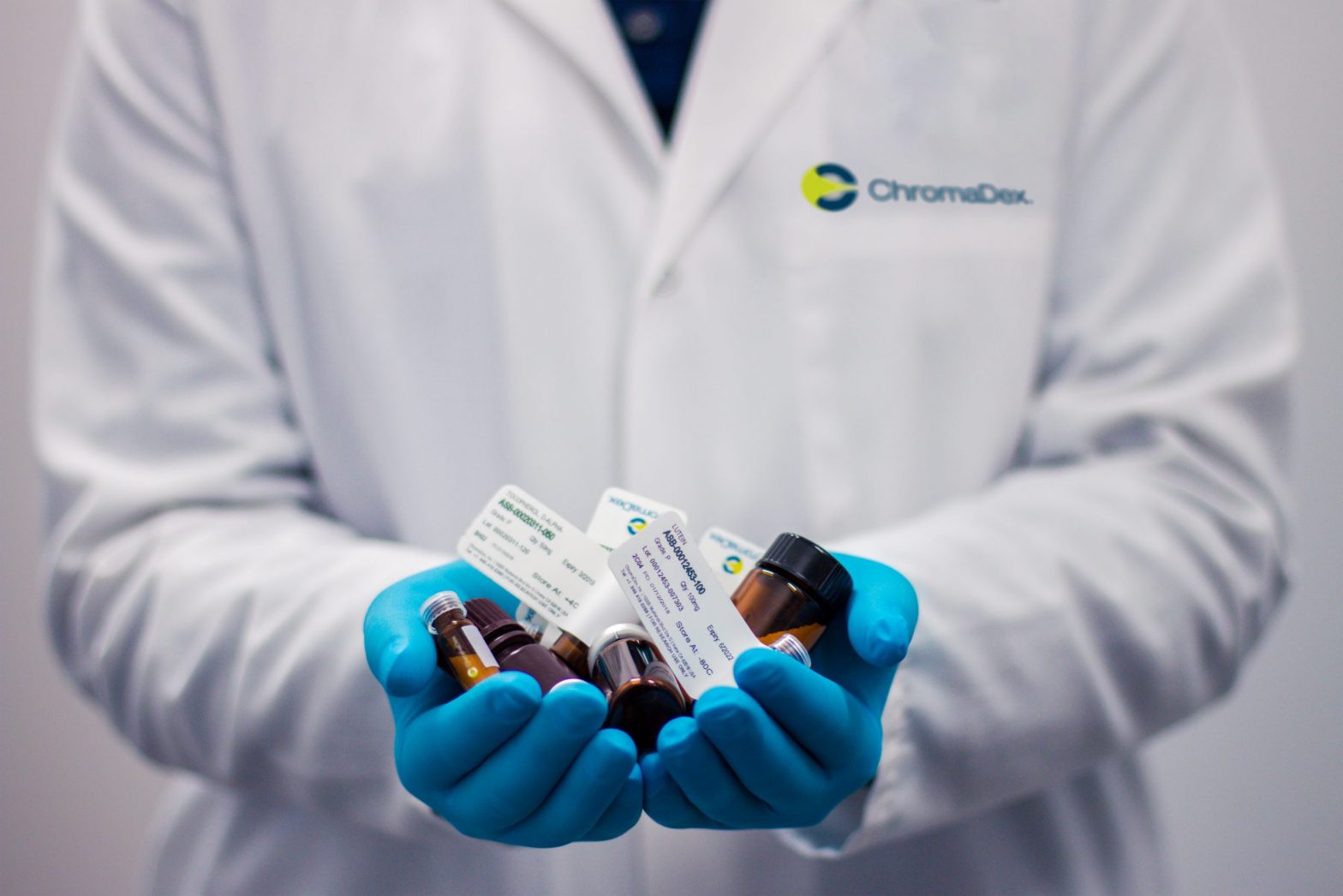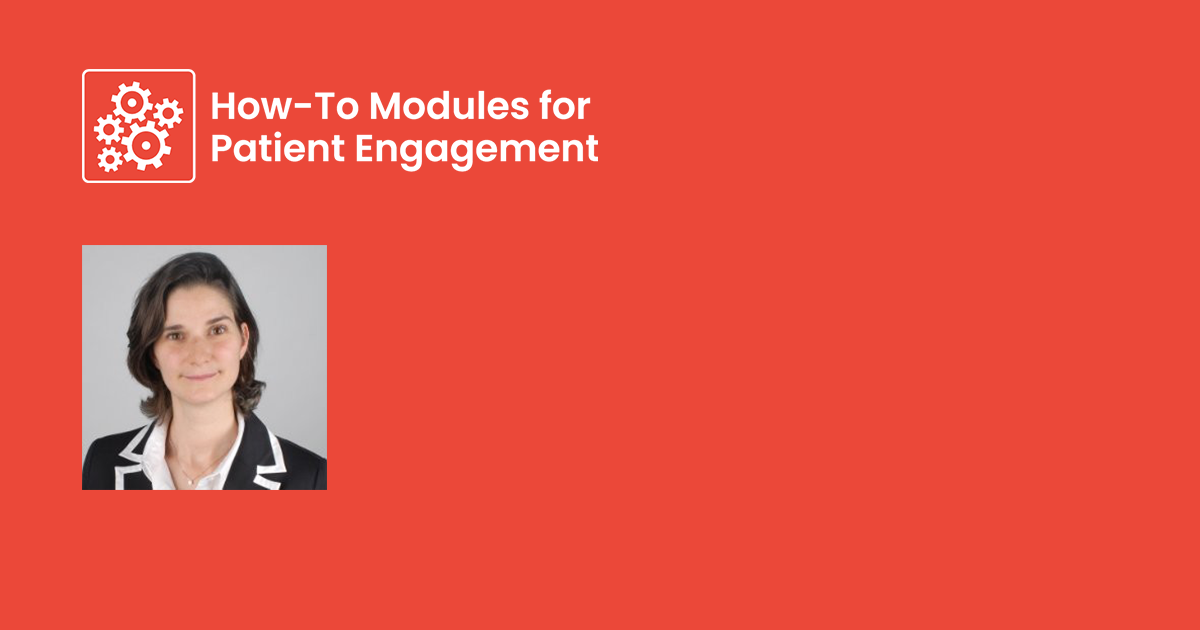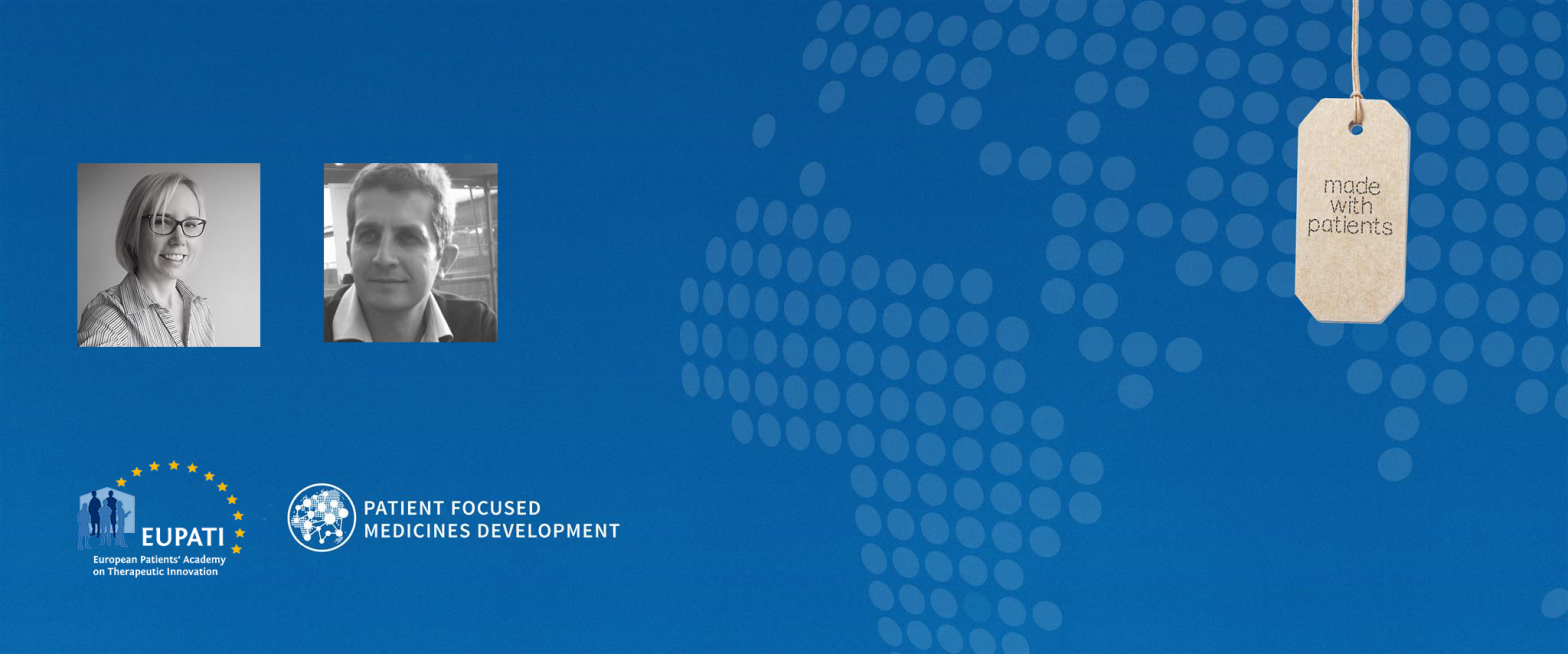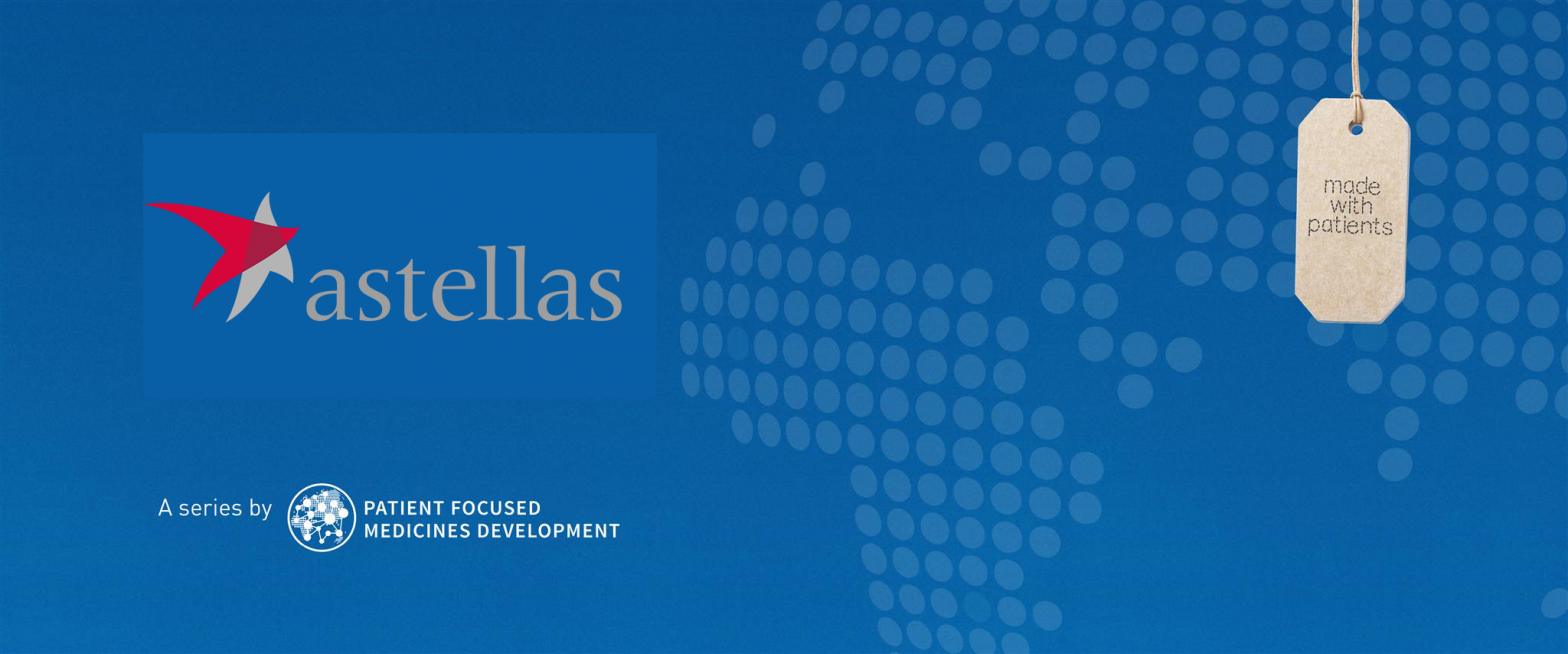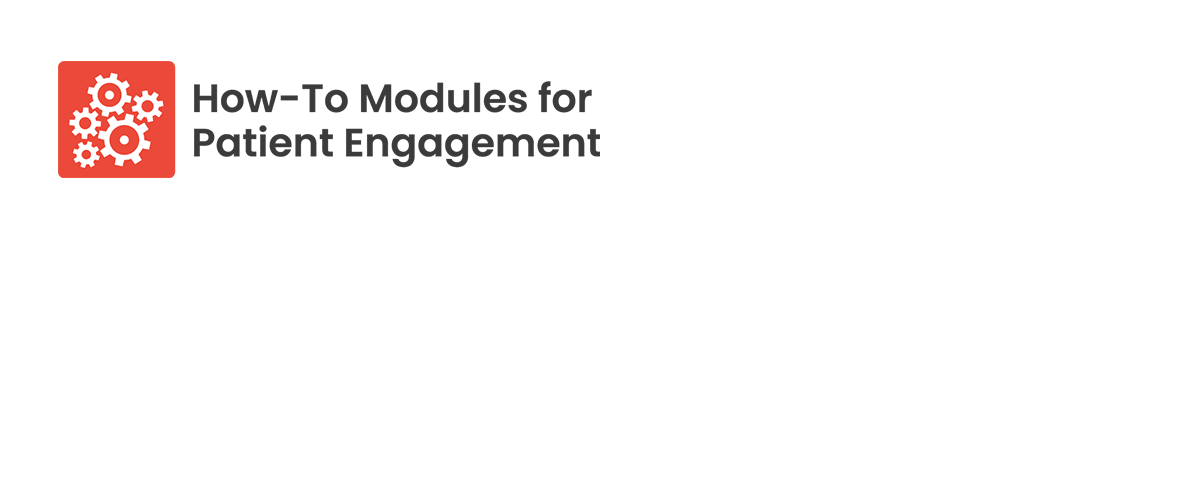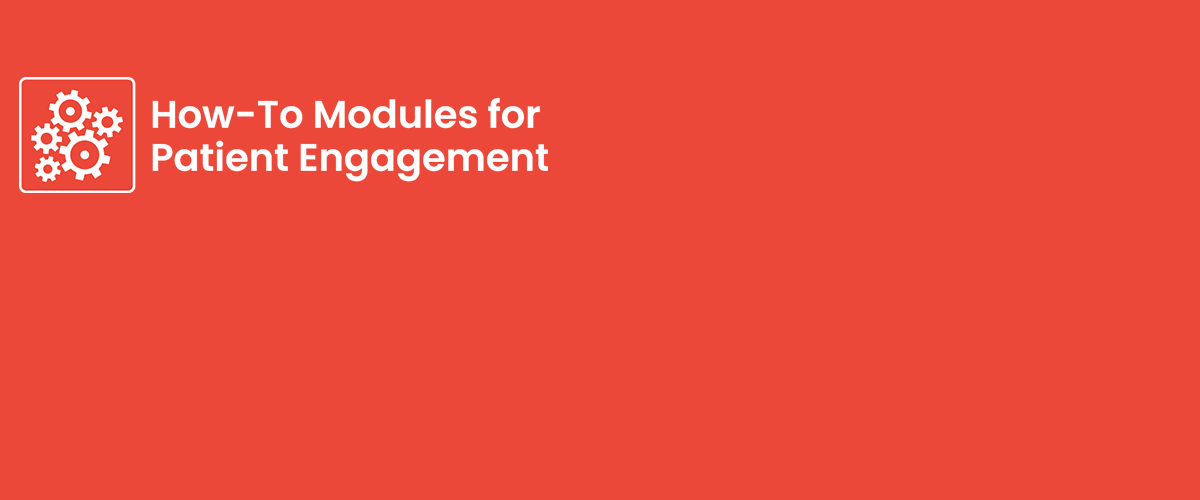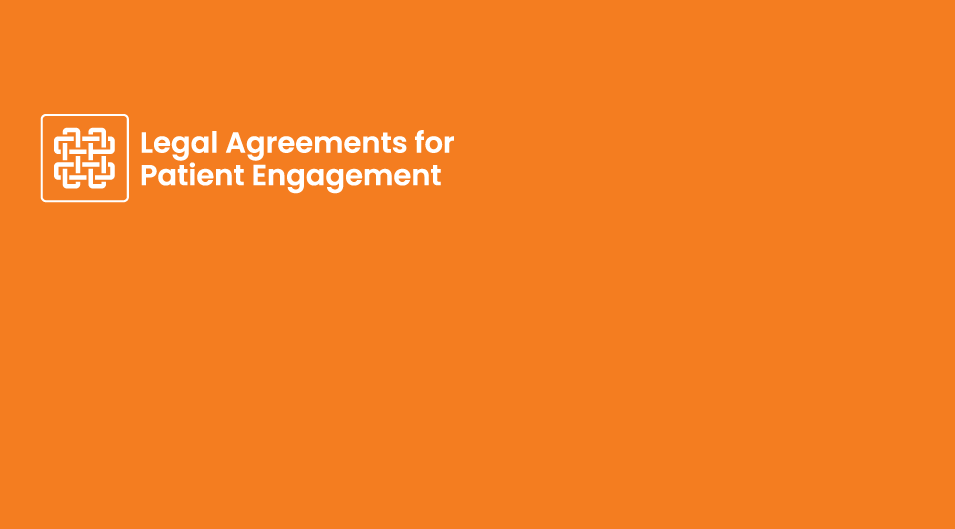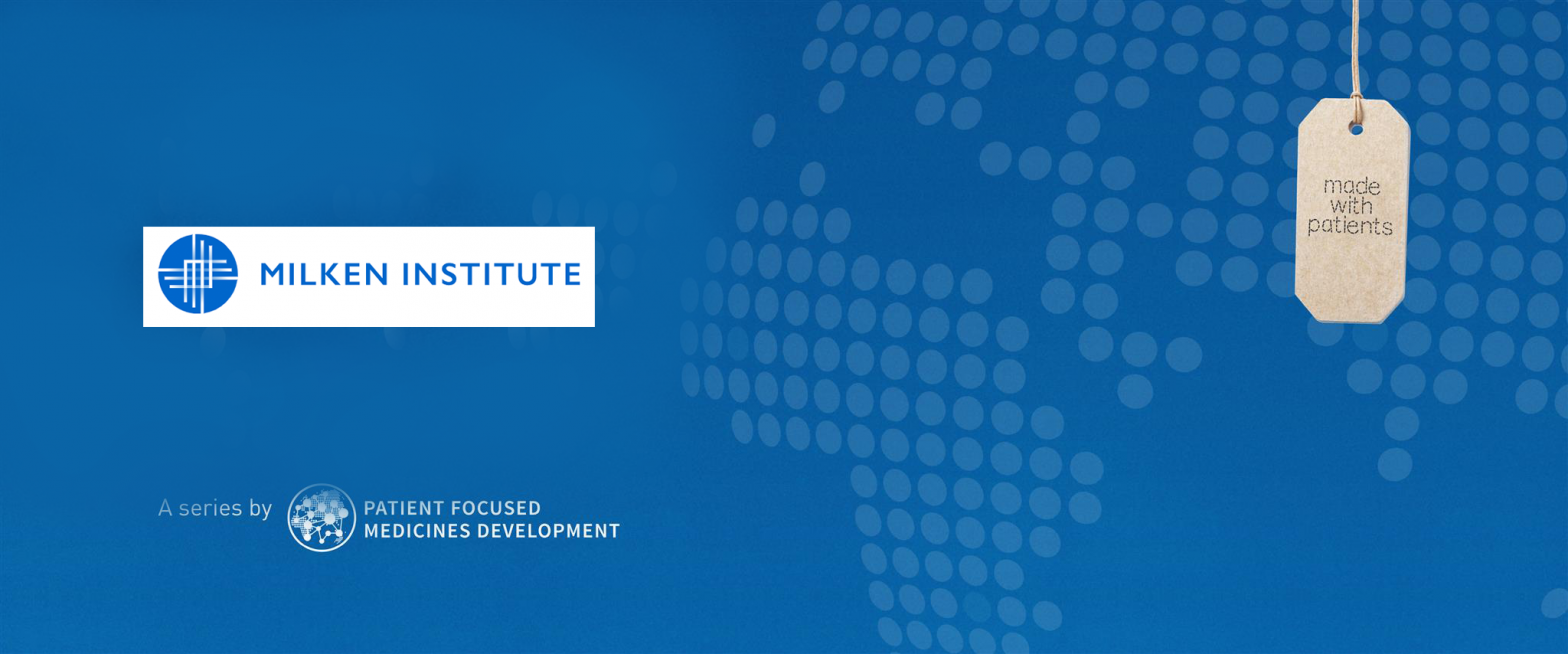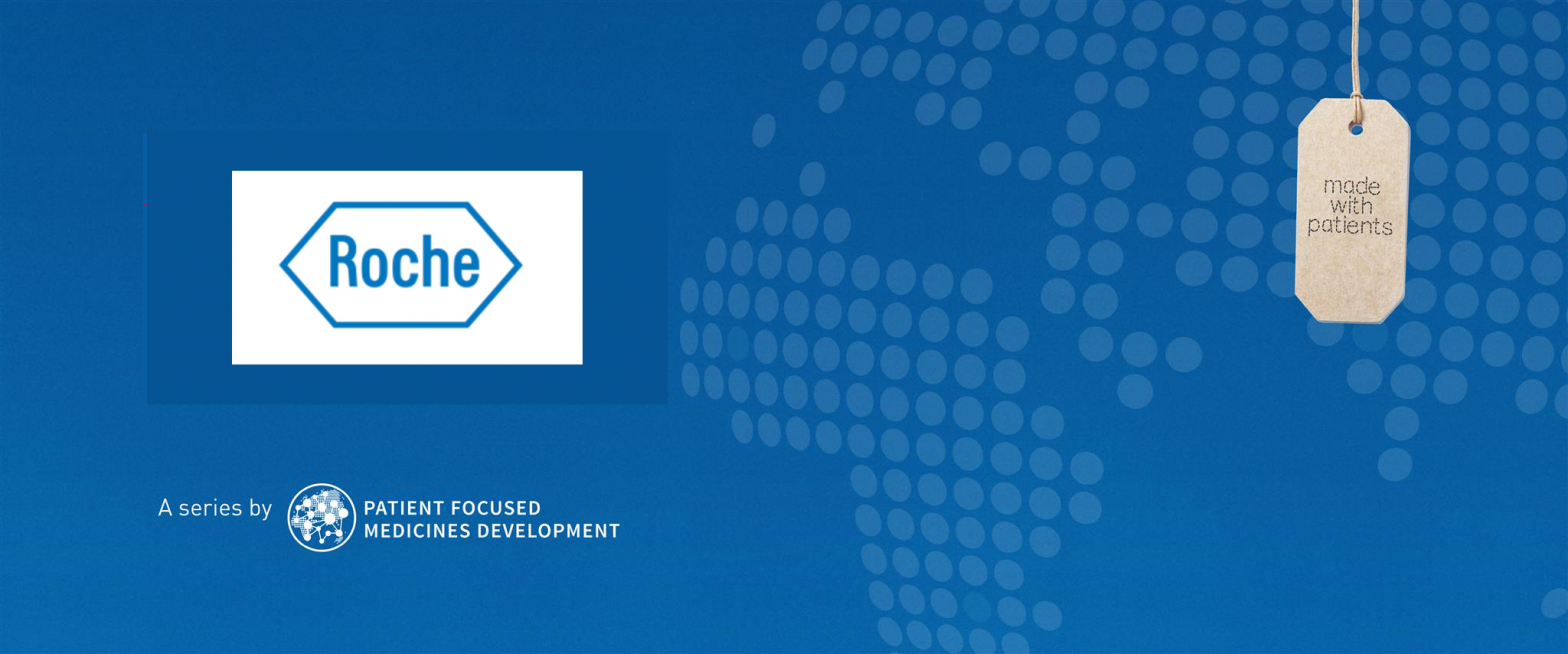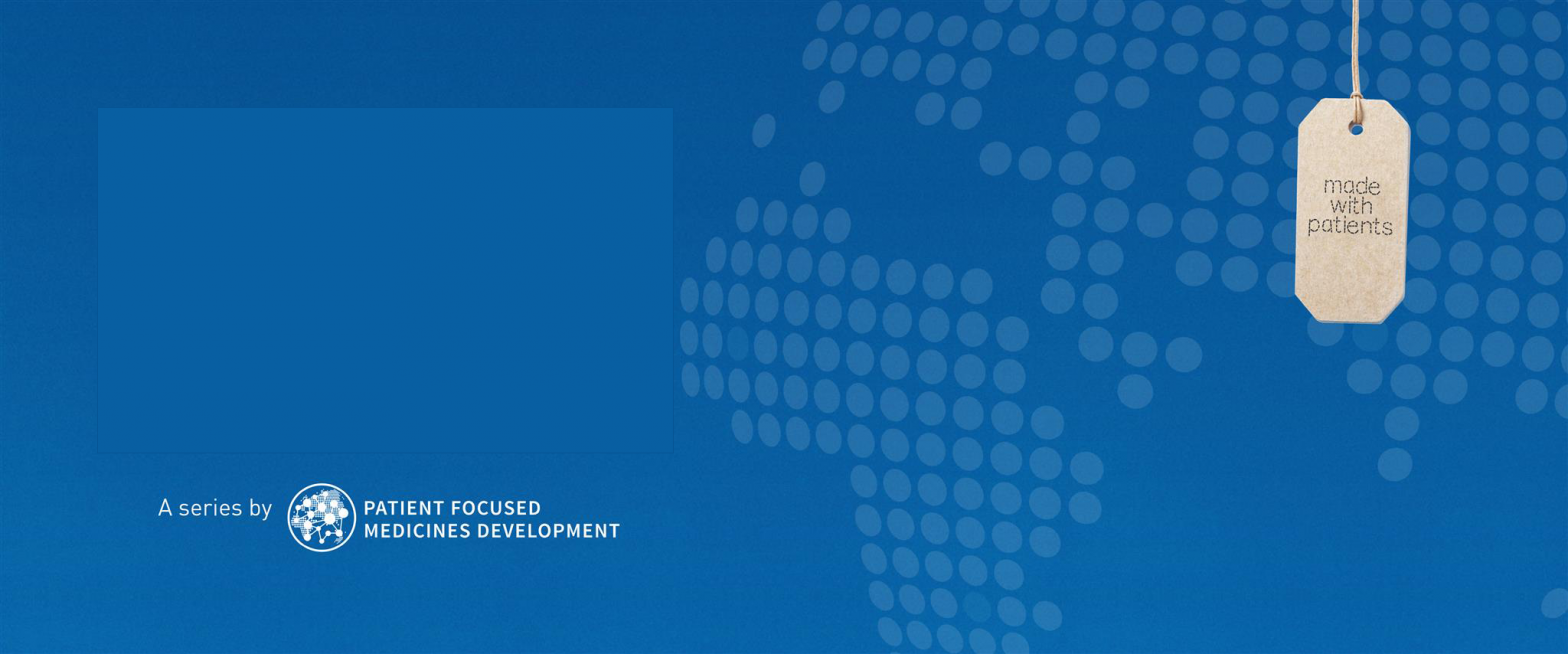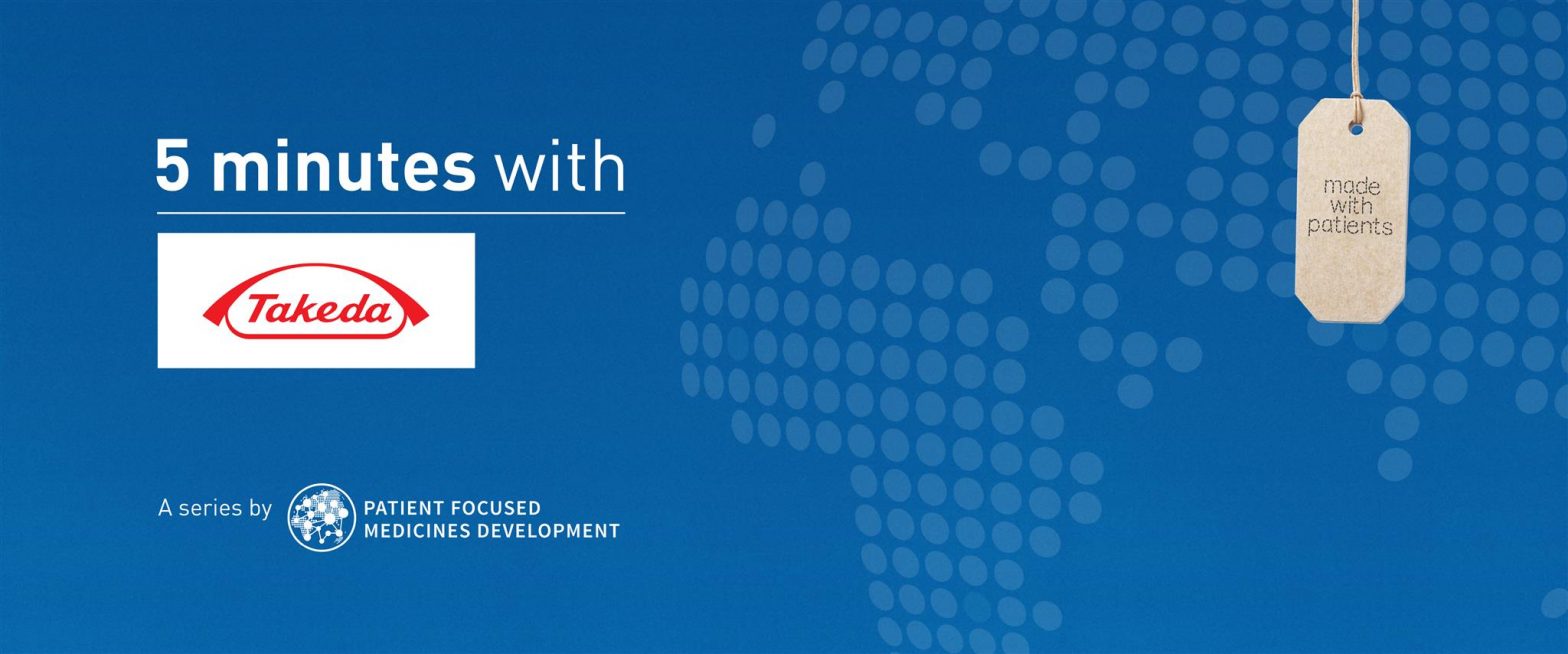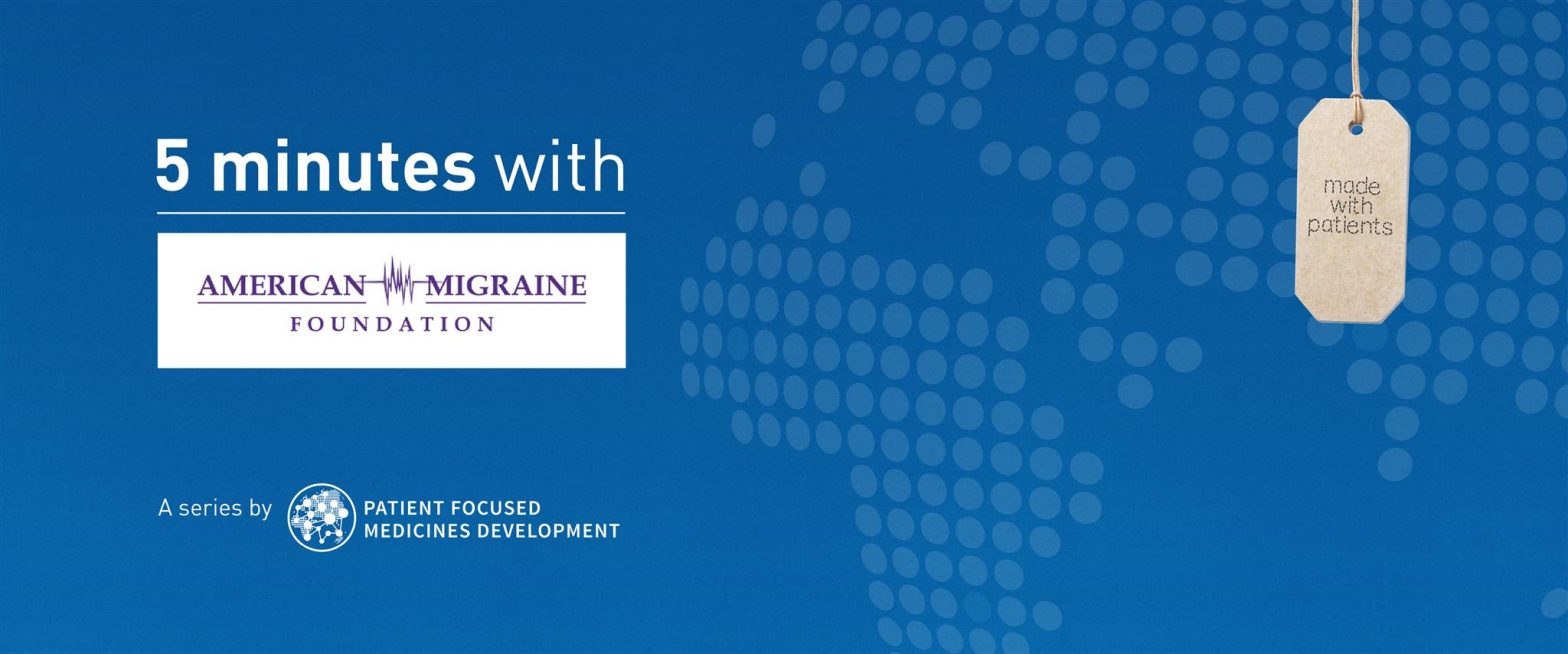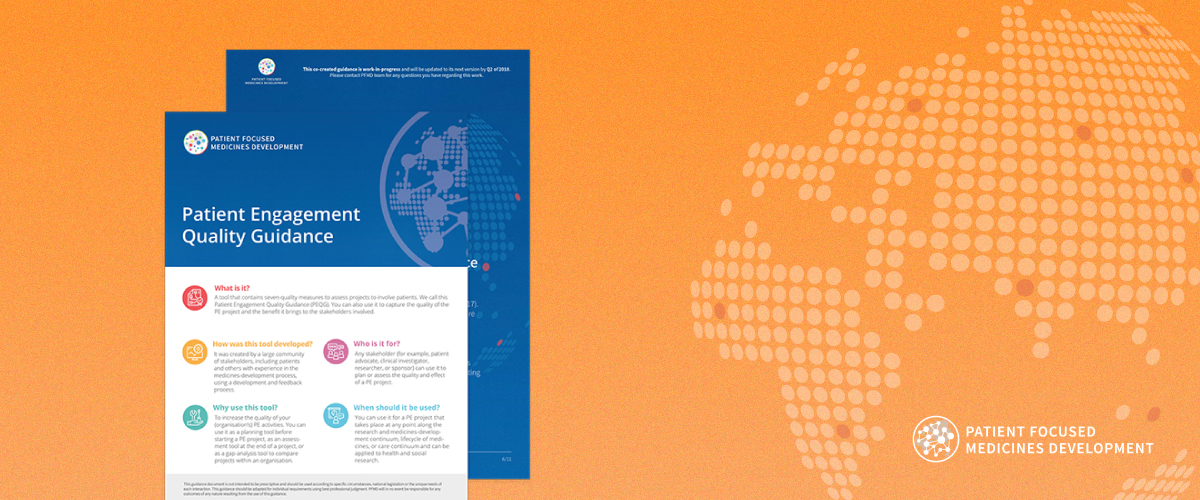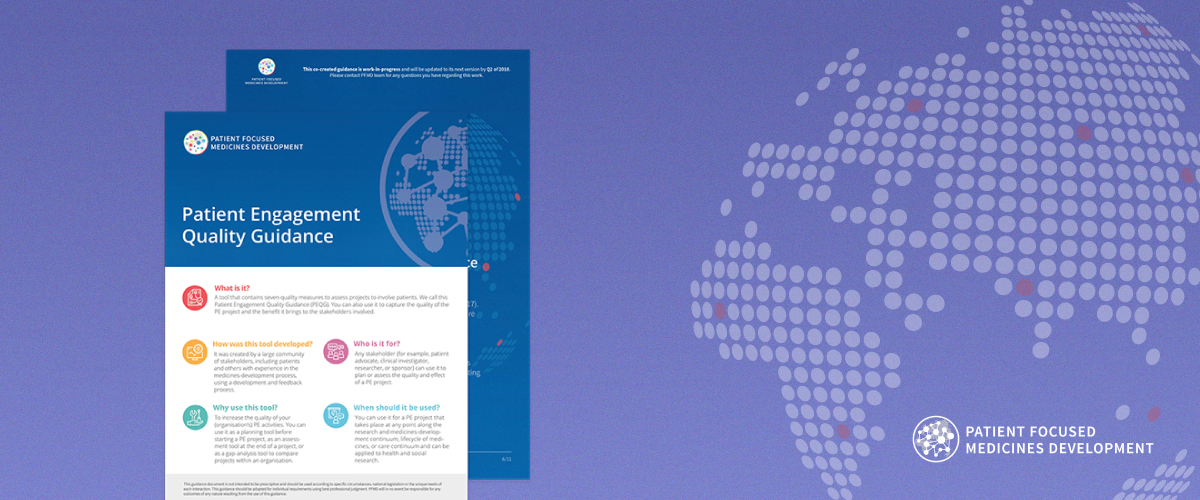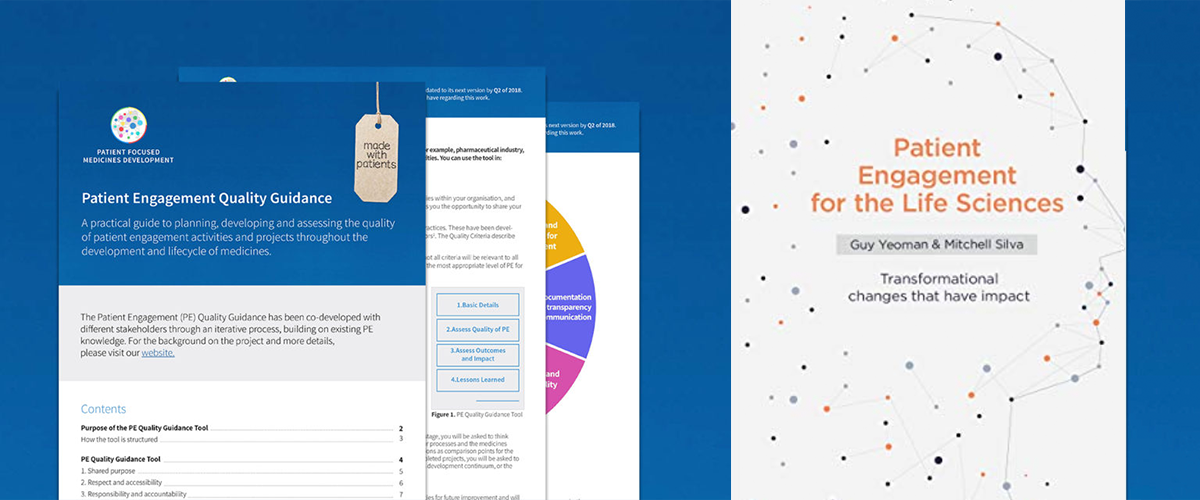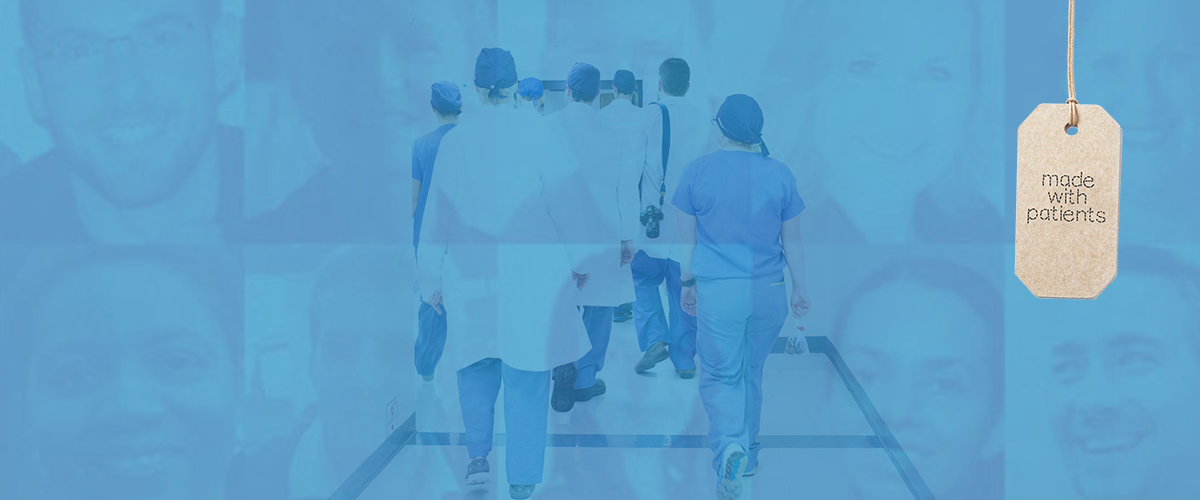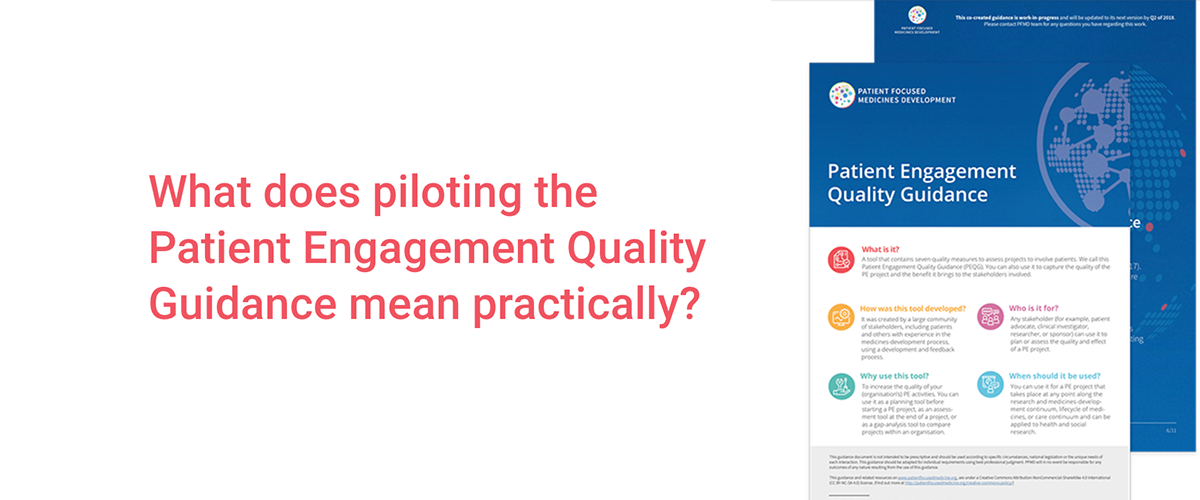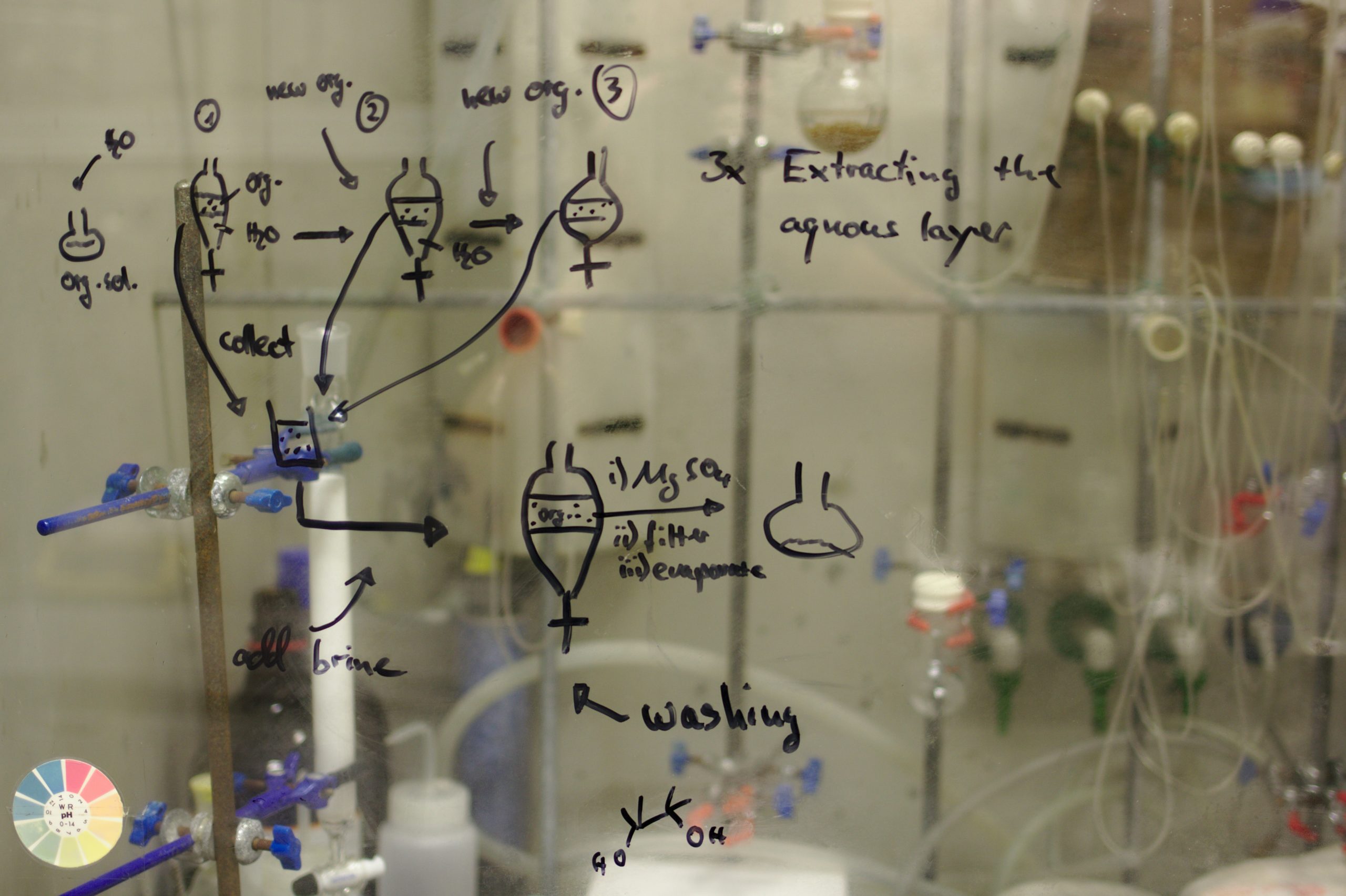Danielle Derijcke, EUPATI Belgium board member, tells Gary Finnegan how the ‘patients academy’ can empower patients to add value to medicines development
The European Patients Academy (EUPATI) was launched in 2012 as a five-year initiative funded through the EU Innovative Medicines Initiative. Its mission was to train patients to become experts in how new therapies are developed, funded and regulated. As a public-private partnership, it brought patients together with leaders from industry and academia.
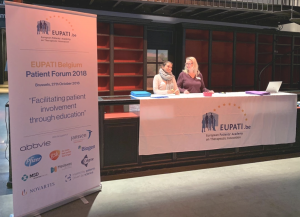 Having trained a pool of patient experts and created valuable training modules in the process, EUPATI is moving to a new phase. A new IMI-funded project, EFO EUPATI (Ensuring the Future of EUPATI), commenced in September 2018 and will run for two years. One of its main objectives is to strengthen the coordination and impact of the existing EUPATI National Platform (ENP) network, through promotion of collaboration, knowledge exchange and sharing.
Having trained a pool of patient experts and created valuable training modules in the process, EUPATI is moving to a new phase. A new IMI-funded project, EFO EUPATI (Ensuring the Future of EUPATI), commenced in September 2018 and will run for two years. One of its main objectives is to strengthen the coordination and impact of the existing EUPATI National Platform (ENP) network, through promotion of collaboration, knowledge exchange and sharing.
One of the leading national organisations taking up the baton is EUPATI Belgium. Formally established one year ago, it has already held its first public Patient Forum and is currently conducting a survey to map the patient involvement landscape in Belgium. It plans to develop a sustainable model for delivering on the potential of the European Patients’ Academy, developing a patient education and engagement portal to host information and resources, and boosting the impact of the existing EUAPTI National Platform (ENP) network.
Patients in the driving seat
After its first meeting in late 2016 at the offices of the European Forum on Good Clinical Practices (EFGCP), EUPATI Belgium was registered as a non-profit at the turn of last year. It has nine board members and strong patient representation. ‘We apply a 3:3:3 ratio for our Executive Board, meaning we have a nicely balanced patient-academic-industry representation with the chair and vice-chair being patient representatives,’ said Danielle Derijcke, a member of the board. The organisation held its first public event in late October, attracting a wide-ranging group of national partners to share best practices in patient involvement and to jointly pave the way for multi-sectoral cooperation between patients, academia, government and pharma.
The meeting was a chance to raise awareness about EUPATI Belgium and featured patient workshops in French and Dutch, as well as a parallel workshop for industry and academia on patient engagement.
‘Patients were invited to follow a workshop, in their native language, on ‘Patient Input in Clinical Trials’, where they learnt what clinical trials are, where in the process they can have impact and what type of questions they can ask to include the voice of the patient,’ explained Danielle.
‘In the industry & academics workshop we focussed on patient engagement tools and the framework a company needs in order to deliver on patient engagement activities. We had the opportunity to apply the Patient Focused Medicines Development Quality Guidance for impactful and meaningful patient engagement, a tool which was very well received and triggered some good discussions and group dynamics.’
Belgian roadmap
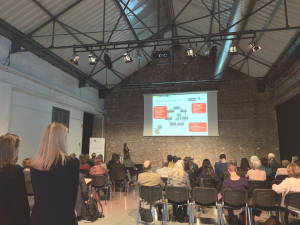 Looking ahead, EUPATI Belgium is preparing for a busy 2019.
Looking ahead, EUPATI Belgium is preparing for a busy 2019.
EUPATI BE is running a survey on patient involvement in drug development. The goal is to get a better understanding of the Belgian patient engagement landscape and to respond with a plan of action. ‘Every country is different,’ explains Danielle. ‘Based on the survey results we will adapt our 2019 Roadmap to address the needs and gaps identified by our research.’
Survey results will be integrated and published in a white paper that will be made available early 2019, together with the roadmap of 2019.
EUPATI BE will also be engaging with other EUPATI National Platforms (ENPs) to exchange best practices, to learn from each other and facilitate patient involvement in drug development on a European scale.
For Belgium, EUPATI BE will focus on providing education to patients using the EUPATI material, available in Dutch, French, German and English. It will also expand its members of the non-profit and promote its activities, not only among the patient communities, but also among academic and governmental institutes.
EUPATI Belgium: how education can drive patient engagement
Tags:



